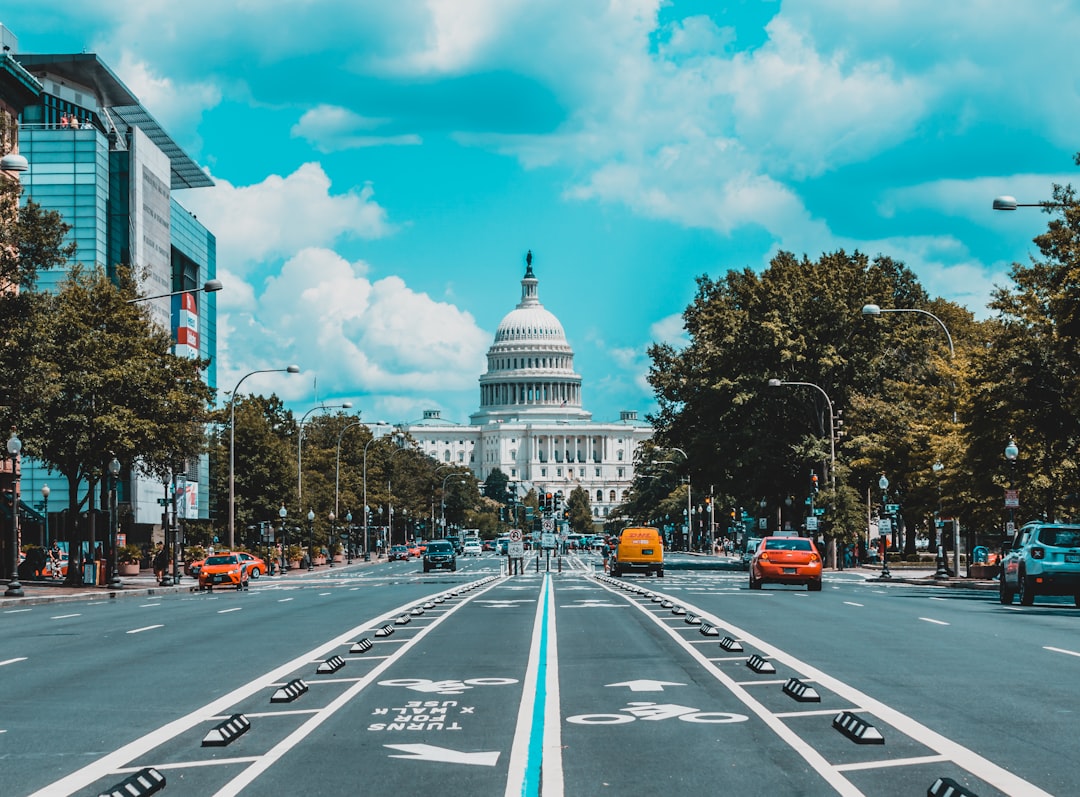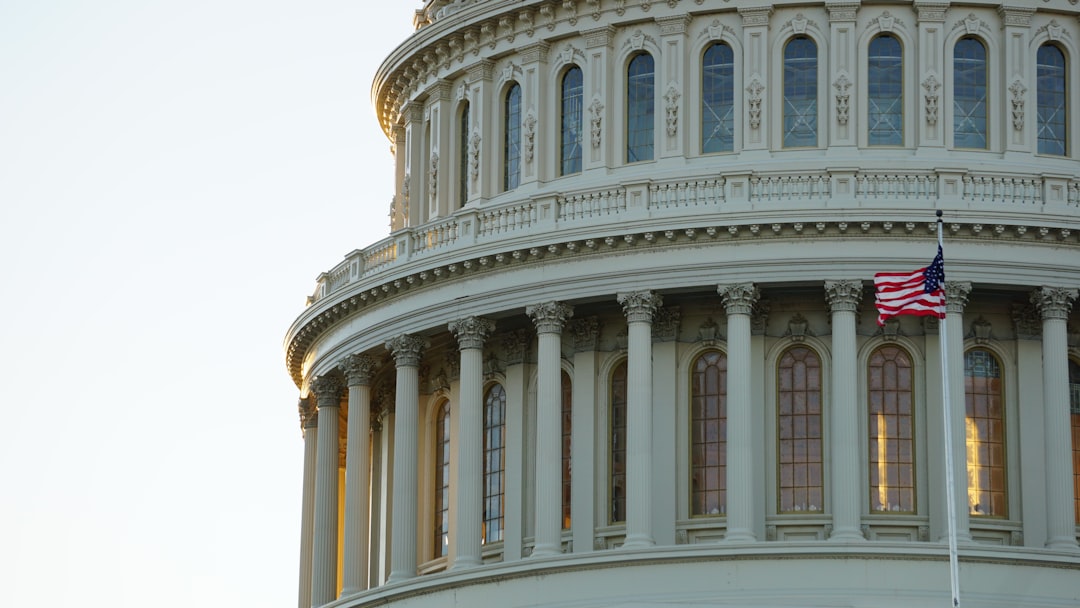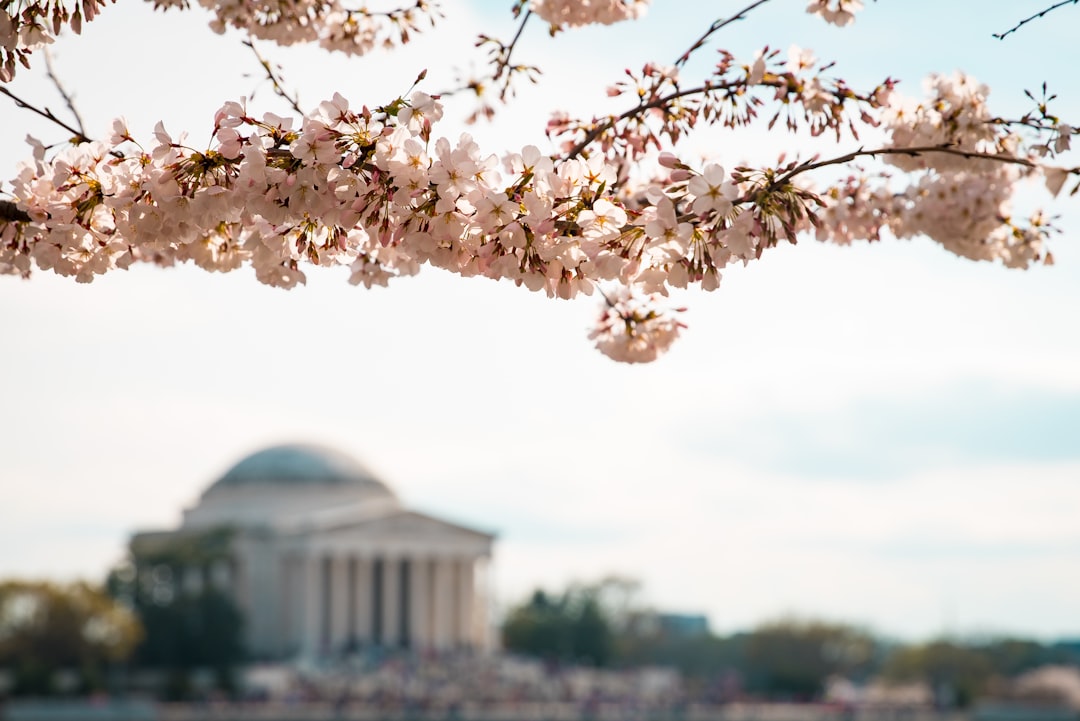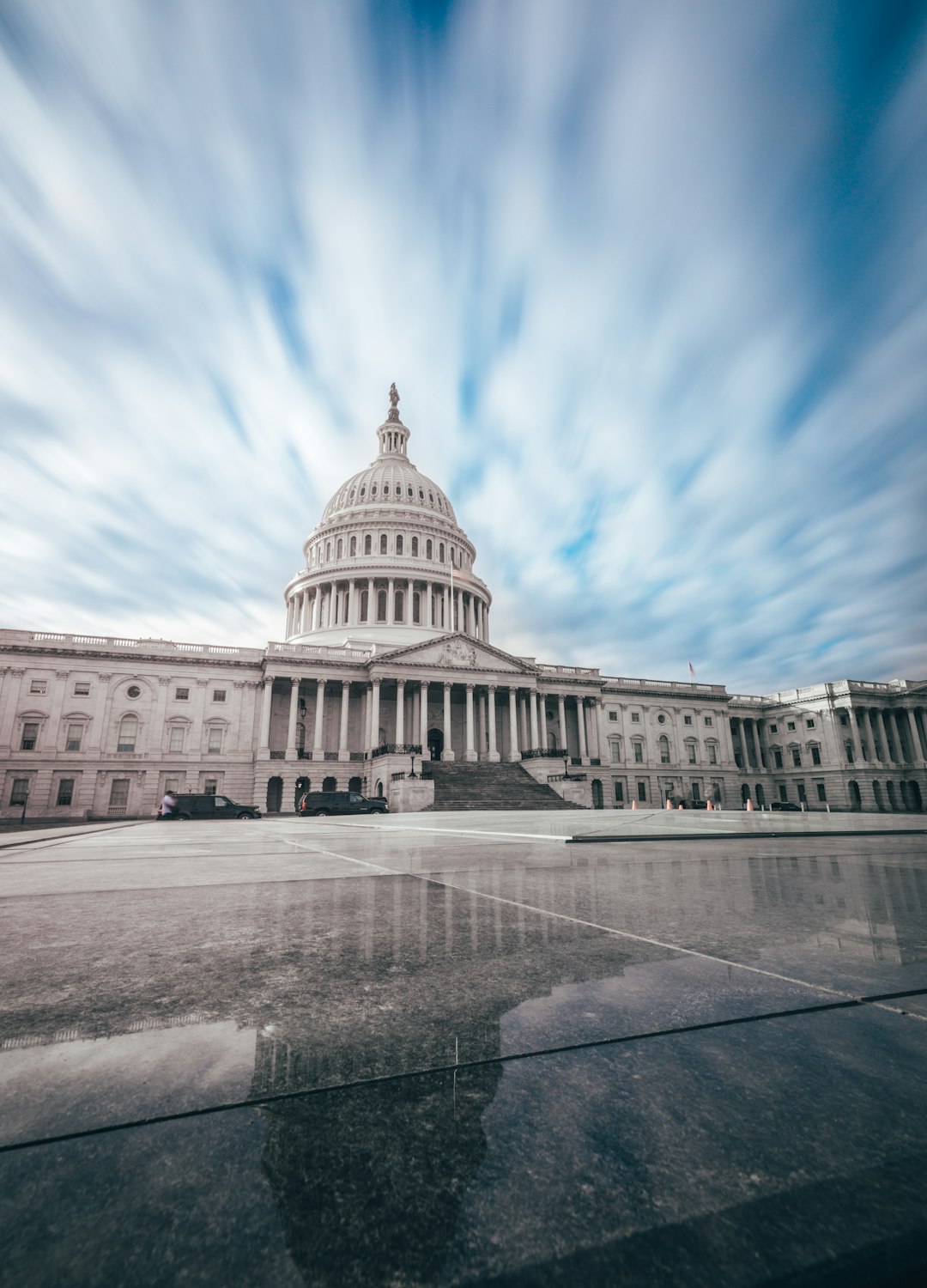Robocalls have become a major problem in Washington State, prompting strict robocall laws under the Telephone Consumer Protection Act (TCPA). The Federal Communications Commission (FCC) enforces these rules, targeting automated marketing calls unless prior consent is given. To combat this, innovative solutions like mobile apps that use community reporting and machine learning are emerging. Advanced call blocking apps, robust "Do Not Call" lists, and collaboration between telecoms and regulators significantly reduce unwanted robocalls. Washington State residents are encouraged to register and report suspicious calls, strengthening defenses against these intrusions.
In Washington state, navigating through the sea of robocalls can be a frustrating experience. This guide delves into the issue, exploring both the legal framework and emerging app-based solutions. Understanding the state’s robocall laws is crucial for consumers seeking relief. We’ll highlight top applications designed to eliminate these unwanted calls, offering effective strategies to combat robocalls in Washington. By combining legal awareness and technological tools, residents can reclaim their communication channels.
Understanding Robocalls and Washington State Laws

Robocalls, or automated phone calls, have become a widespread nuisance across the country, including Washington State. These calls often advertise products or services and are made in bulk using computer-generated voices. While many people find them annoying, robocalls can be especially problematic for individuals with hearing impairments or those who rely on landlines.
In Washington State, there are laws in place to protect residents from unwanted robocalls. The Telephone Consumer Protection Act (TCPA) prohibits automated phone systems from making calls to any telephone number without the prior express consent of the called party. This includes both live operators and prerecorded messages. Individuals who feel they have received robocalls in violation of these laws can file a complaint with the Federal Communications Commission (FCC). The FCC has implemented strict rules regarding call restrictions, especially for marketing purposes, to ensure consumers’ privacy and reduce nuisance calls.
Exploring App Solutions for Robocall Elimination

In today’s digital era, the rise of robocalls has become a significant concern for many Washington state residents and businesses. The constant deluge of automated calls, often disguised as legitimate business or government communications, can be a nuisance at best and a security risk at worst. This has prompted a search for innovative solutions, with mobile applications emerging as a popular choice. App developers are creating tools designed to combat robocalls by using advanced algorithms that identify and block these unwanted intrusions.
These apps leverage the power of community reporting and machine learning to adapt to new robocall patterns. By allowing users to flag suspicious calls, the apps can continuously update their databases, ensuring they stay ahead of evolving fraudsters’ tactics. Moreover, many of these applications are in sync with Washington state’s robocall laws, providing an additional layer of protection for consumers and businesses alike.
Effective Strategies to Combat Robocalls in Washington State

In Washington state, combating robocalls has become a top priority due to their prevalence and disruptive nature. Effective strategies involve a combination of technological solutions and legislative measures. Advanced call blocking apps that leverage machine learning algorithms can identify and block unwanted calls with high accuracy. These apps continuously update their databases based on new robocall patterns, ensuring ongoing protection.
Moreover, the Robocall Laws in Washington state play a crucial role in curbing these annoying calls. Consumers are encouraged to register their phone numbers on the “Do Not Call” list, and telecom providers actively collaborate with regulatory bodies to filter out illegal robocalls. Reporting suspicious calls and providing feedback to service providers further aids in strengthening the defense against robocalls, creating a more robust ecosystem for residents of Washington state.






